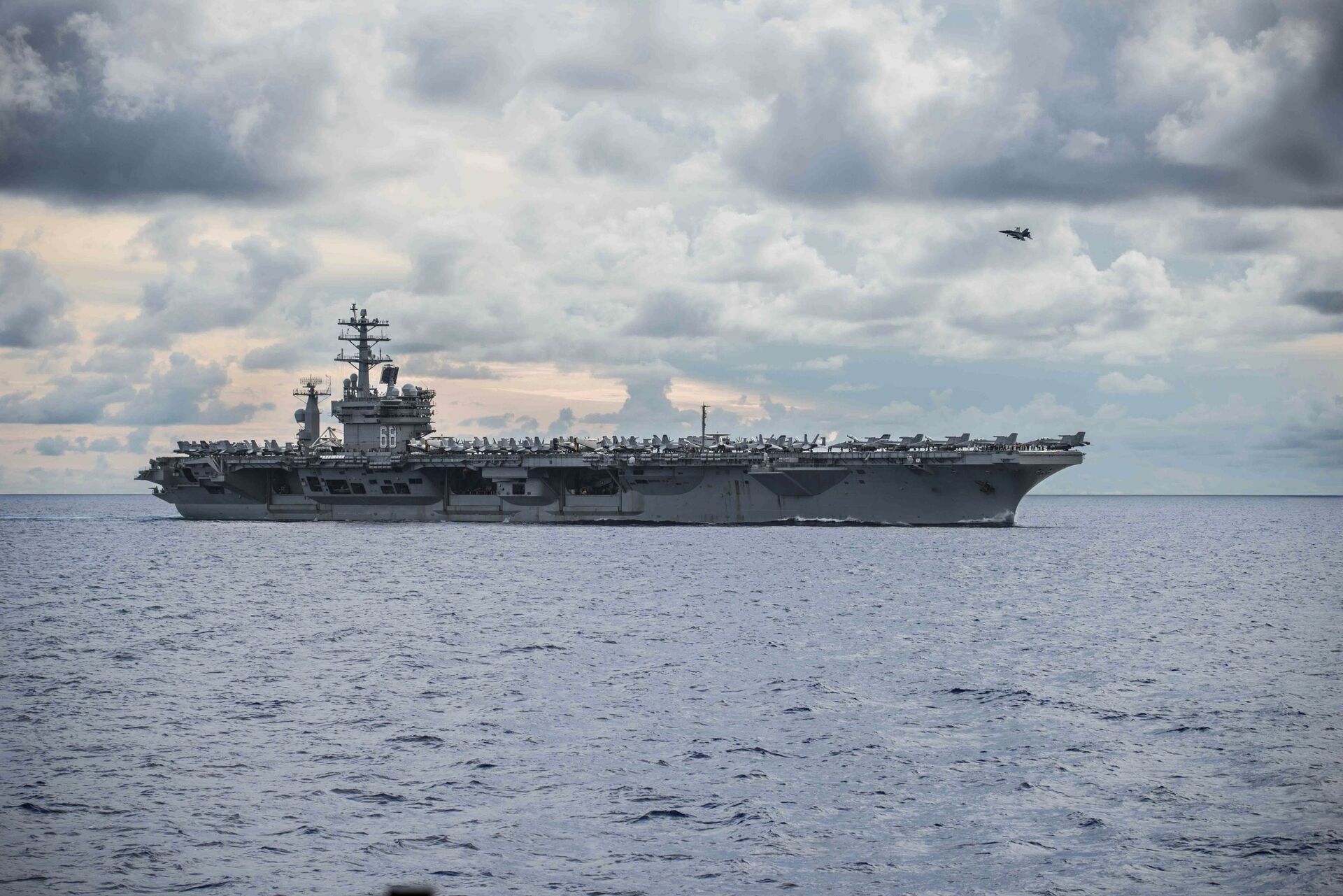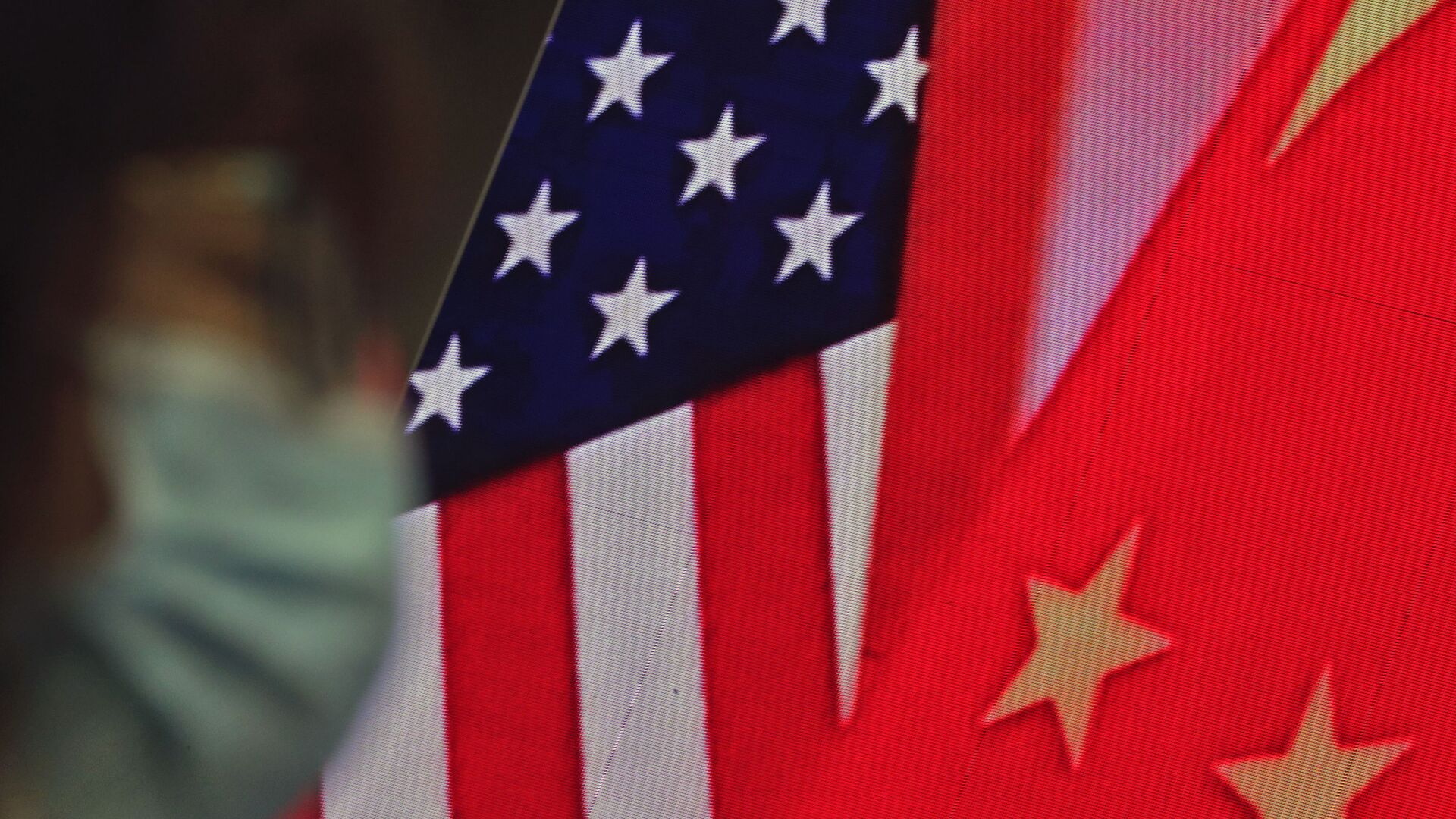The United States sees an upcoming meeting with top Chinese officials as a stand-alone event rather than the beginning of the negotiating process and one that was important to hold on American soil, a senior administration official told reporters on Tuesday.
“This really is a one-off meeting. This is not a resumption of a particular dialogue mechanism or the beginning of a dialogue process," the official said during a phone briefing.
"This is very much about sitting down, getting an understanding of each other and then taking that back and taking stock,” the official said during a phone briefing. We just felt for a variety of reasons that being on our own territory was extremely important for this meeting and not attempting to meet in China," the official added.
US National Security Adviser Jake Sullivan and Secretary of State Antony Blinken will travel to Alaska on March 18 to meet with China's Central Commission Office for Foreign Affairs Director Yang Jiechi and the State Councilor to discuss US-China bilateral relations.
According to the official, the matters that will be raised by the US administration include Hong Kong, Taiwan, Uyghurs in Xinjiang, economic coercion of US allies, freedom of navigation in East and South China Seas.

State Department spokesman Ned Price said last week he expects Blinken and Sullivan to raise issues concerning trade and the origins of the novel coronavirus, among others.
The official also said that Washington plans to discuss cyber-related issues with China.
"Cyber is absolutely an issue that we plan to discuss," the official said on Tuesday. "US concerns about Beijing's malicious cyber activities are not new, but it's a continued and ongoing concern and reports about recent activity only heighten that. This is definitely an issue where I think we will be making a very clear point about our concerns."
The official noted that no negotiated deliverables will come out of the meeting that will take place on Thursday in Anchorage, Alaska.
Over the past several years, China has increased its territorial and maritime claims in the Indo-Pacific region, overlapping with the interests of a number of nations. In particular, Beijing has been locked up in a dispute with Tokyo over a string of uninhabited but resource-rich islets, known as the Senkaku Islands in Japan and the Diaoyu Islands in China.
In addition, Beijing has boosted the scale and frequency of its military drills in the Indo-Pacific, prompting the United States and its regional allies — Japan, India and Australia — to enhance strategic cooperation within the Quadrilateral Security Dialogue in response.
In late December, the US Navy issued a press release saying that Washington upholds "freedom of navigation" as a principle, and the US forces will continue operations in the South China Sea on a daily basis and will to fly, sail and operate wherever international law allows – regardless of excessive maritime claims.
At the same time, China has accused the US of building up a presence in the South China Sea by sending navy ships to conduct freedom of navigation operations. According to Beijing, the US is undermining peace and stability, especially across the Taiwan Strait. The US, on its part, insists the strait is part of international waters and its "freedom of navigation" operations are in line with international law.


